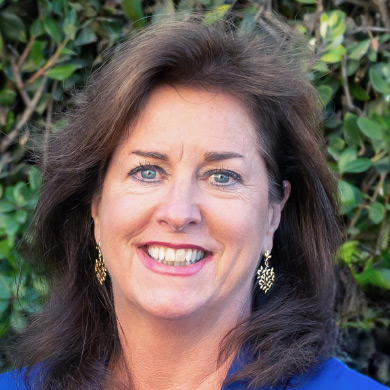The new biography Willard Garvey: An Epic Life chronicles one American’s mid-20th-century quest to make the dream of home ownership a reality to millions seeking a foothold onto the economic ladder. Fifty years later, its lessons would be well-studied by those who today share that dream.
Having started his career building affordable houses for the flood of GIs returning from World War II, Garvey was featured as the quintessential American home builder by Forbes magazine in 1952, pictured with the caption, “The building boom is breaking all the rules and records.”
Ever restless, Garvey turned his considerable energies into realizing his dream of “every man a homeowner” for low-income families in other countries. Teaming with a local partner, and relying on local labor, Garvey’s World Homes constructed thousands of homes in safe, ordered neighborhoods, and sold them under a previously unknown American-style mortgage scheme, with low, affordable monthly payments.
While the new homes were purchased primarily by those constituting a nascent “middle class”—taxi drivers, young professionals and clerks—the apartments and shanties the new homeowners had vacated became available as affordable housing to those lower on the economic scale—migrants from the countryside seeking economic opportunity in cities, and other less-skilled labor.
Garvey pursued his dream knowing almost instinctively the benefits of home ownership that accrue across communities far beyond the homebuyers themselves, benefits that decades of studies since have confirmed. Family stability, graduation and employment rates, time spent on activities outside the home, and even health correlate positively with ownership over renting or squatting.
Recognition of the benefits of home ownership is today fueling the passage of “affordable housing” mandates in communities across the United States. Unfortunately, American bureaucrats’ attempts at micromanaging how housing is priced are instead resulting in the disastrous unintended consequence of home ownership becoming less affordable—across the board.
The most basic law of economics holds that a rise in supply results in a decrease in prices—and this is what those fortunate enough to live in communities where Garvey operated experienced. Communities today adopting inclusionary zoning laws are experiencing the inverse of the law: Where prices are held artificially low, supply decreases, driving prices of all homes higher.
Garvey’s World Homes was eventually driven out of the countries in which it operated by rising anti-Americanism, and the realization by politicians that their purposes would be better served if they were seen as the source of housing for the poor—not some greedy capitalist developer.
Similarly, politicians promoting “affordable housing” mandates today disregard the actual record of such legislation and tout themselves as saviors for housing shortages increasingly of their own creation.
Those who actually care about improved availability of affordable housing would be well-served to learn this universal lesson: The simplest way to improve access to affordable housing is to let builders add to the supply of housing, regardless of the price they hope to charge. It may not make an appealing political sound bite, but at the end of the day the poor, especially, would be better served.







